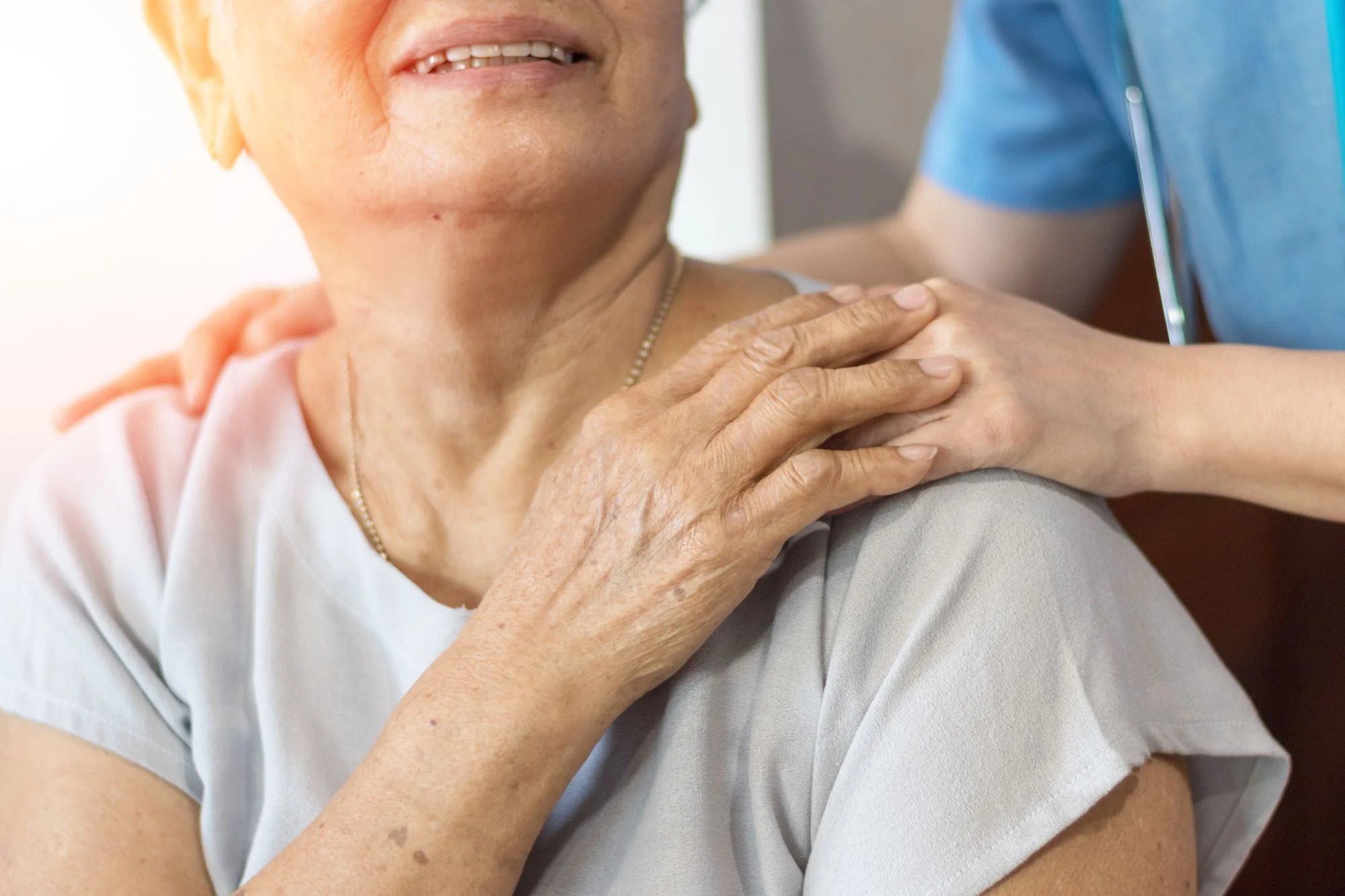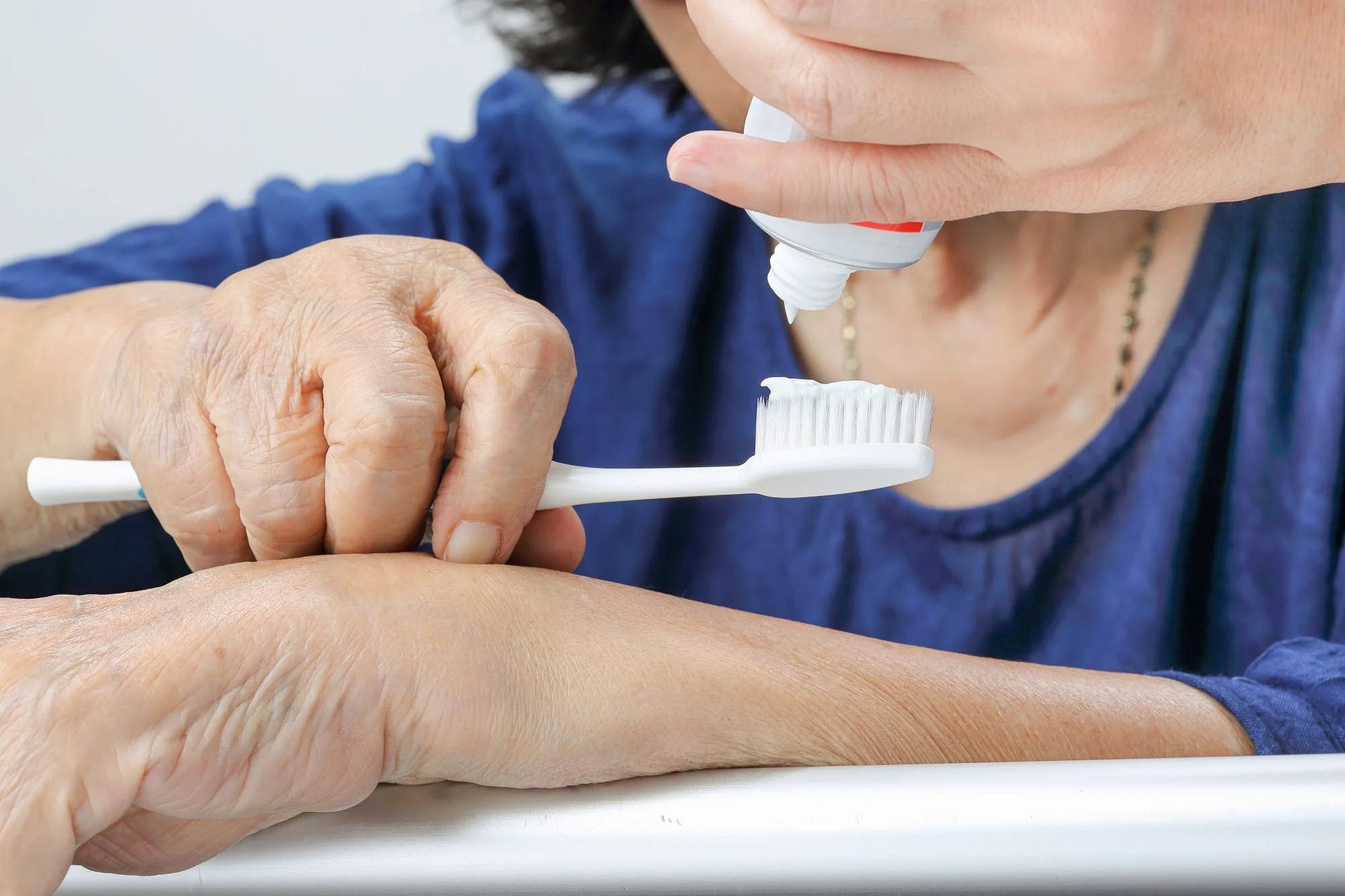Managing diabetes in older adults

Diabetes Awareness Week takes place from 9th to the 15th June, and it offers the chance to raise awareness about the things that matter for people living with diabetes, and shine a light on what it's like to live with diabetes every day.
To coincide with Diabetes Awareness Week, we discuss how our digital social care record (DSCR) system can enhance care for individuals living with diabetes and how important our diabetes training course is for health and social care staff.
Early detection is vital in diabetes because early treatment saves lives, prevents medical emergencies, and reduces the risk of life-changing complications in the future. So, it's essential to ensure everybody knows the signs to look out for and understands the risks.
Diabetes UK, the UK's leading diabetes charity, reports that every two minutes, someone is diagnosed with diabetes. According to estimates, hundreds of thousands of people, unaware they are suffering from the condition, are yet to be diagnosed.
Early Signs and Symptoms of Diabetes
Diabetic symptoms don't necessarily mean you have the condition, but you should always consult your doctor to discuss your symptoms to be sure.
Common symptoms of diabetes
- Lots of toilet trips, especially at night
- Feeling very thirsty
- Being more tired than usual
- Losing weight without even trying
- Itching or thrush in the genital area
- Wounds or cuts are taking longer to heal
- Eyesight becomes blurred
- Feeling hungry more often
Life-changing diabetes technology
Our digital social care record system helps manage diabetes in older adults. The innovative care planning software not only offers care providers a comprehensive overview of their entire care home group but also enables carers to monitor individuals with diabetes much more closely.
Checking blood sugar levels
Monitoring blood sugar levels is essential when you have diabetes. With our digital social care record system's Observation Charts feature, which records vitals such as blood pressure and weight for each resident, carers can see blood sugar levels and quickly spot trends or changes. The data, shown in graphs, help care staff see improvement or deterioration.
Diabetes and oral health
Diabetes increases the risk of dental problems such as gum disease, also known as periodontal disease. In order to effectively manage diabetes, it's important to monitor and keep residents' mouths, teeth, and gums healthy.

Our digital social care record system's oral health feature allows care staff to record oral health assessments, create and maintain care plans tailored to people's needs, and capture detailed real-time recordings of oral care.
Digital recording enables carers to flag issues so they can be addressed quickly by dental professionals; carers can also provide evidence of oral care support, which meets the NICE Quality Standards and the CQC's Key Lines of Enquiries.
Encouraging regular exercise
Daily exercise could help to prevent and relieve diabetes. Government guidelines recommend that older adults exercise at least 150 minutes a week (30 minutes a day, five days a week).
Exercising can help the body use insulin better by increasing insulin sensitivity; it can also help people with type 2 diabetes improve their HbA1c, which can sometimes help them go into remission.

Our digital social care record system makes planning and tracking exercises simple. With its detailed digital care plans, carers can ensure that each resident's needs are monitored, recorded, and met.
Downloading our Activities calendar or using our Wellness and Activities Platform will also help keep those under your care active and engaged.
Fluid and Nutrition Monitoring
Residents must drink enough every day to stay hydrated and healthy. Eating a balanced diet is also important and helps to keep weight, blood glucose, blood pressure, and cholesterol levels under control.

Our digital social care record system's Fluid and Nutrition Monitoring feature helps carers track residents' fluid and nutritional needs in real-time, ensuring each individual gets the right amount of fluid.
Our Smart Cup Fluid Monitoring feature also has ways to monitor fluid intake and prevent dehydration.
Managing medications
Medication and insulin play an essential role in diabetes management. Our electronic medicines administration records (eMAR) system helps reduce medication errors and simplify the medicine management process.
Care providers can deliver the right medication at the right time, keep residents' medical records accurate and up to date, and inform staff of residents' allergies.
"Person Centred Software's digital social care record system and eMAR system have been a massive help for managing diabetes at Care South. The eMAR system helps manage our residents' medicines safely and responsibly, and the digital social care record system has a number of features that allow our care team to monitor individuals with diabetes more effectively. We've rolled out both systems across fifteen residential services; the software is fantastic, and all care homes should be using this software!''
Aaron Whitehead, Director of Residential Care at Care South
If you want to learn more about our Connected Care Platform's other solutions, click here.
Diabetes care: staff training makes a difference
According to Diabetes UK, by 2050, the number of people aged 85 and older in the UK is expected to exceed eight million. The number of older individuals living with diabetes is set to rise, with a growing population requiring care in their older age.
One in four residents of care homes have diabetes. All health and care staff must be aware of the condition and understand how it may affect their residents, as this is crucial for providing safe care.

Our Mandatory and compliance training for care professionals offers a wide variety of training courses for care managers, care staff, and healthcare providers, all tailored to deliver specific care-related learning outcomes.
Among these, we offer a specialised diabetes course where you can learn how to recognise the signs and symptoms, differentiate between type 1 and type 2, and understand the complications associated with diabetes. The course also covers basic care and treatment for people living with diabetics and the role of a carer supporting people with the condition, plus more!
Click here to sign up for the course!
Improve care for people living with diabetes with Person Centred Software
Built for carers | Loved by carers




.png)

.jpg)
.webp?width=80&height=80&name=HTD%20Awards%202023%20Badge%20(4).webp)














